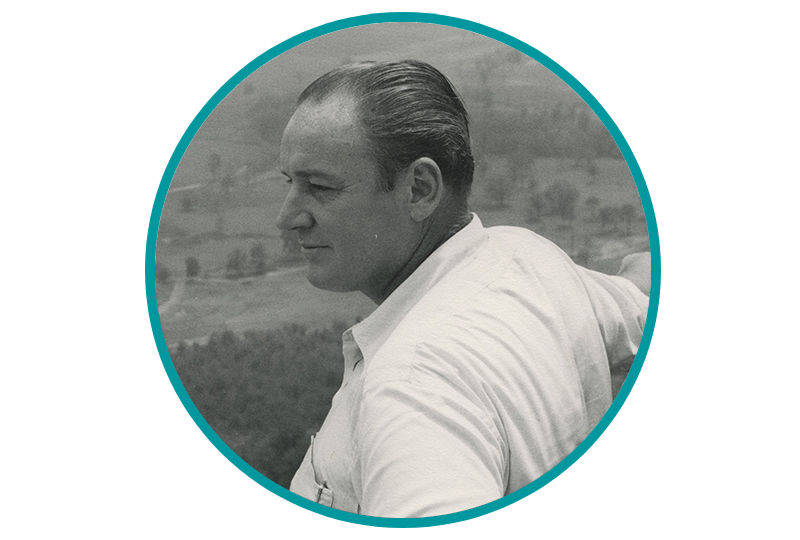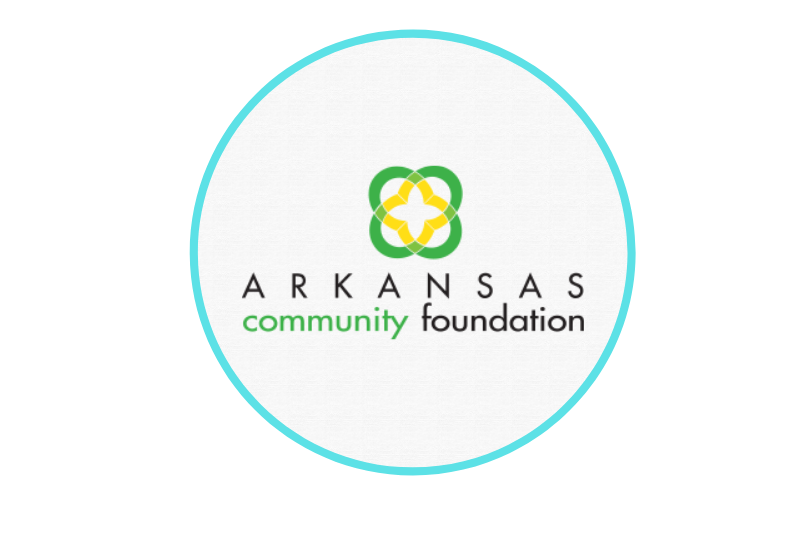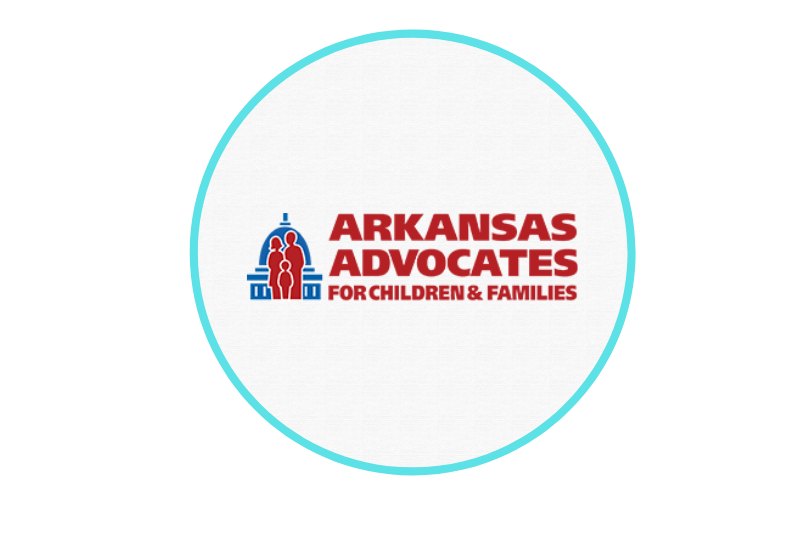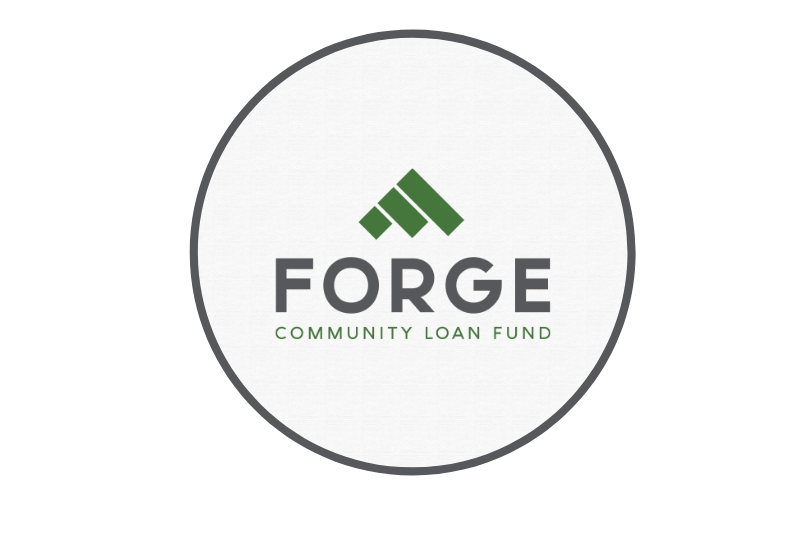ABOUT WRF
WRF History
WRF’s bold direction to disrupt the status quo is part of a 50-plus year legacy of believing and insisting that Arkansans deserve better. Amidst shifting challenges and opportunities, our imperative remains the same: To dismantle systems that prevent hard working Arkansans from thriving and reconfigure them in ways that benefit all.

WINTHROP ROCKEFELLER BECOMES THE 37TH GOVERNOR OF ARKANSAS
Gov. Winthrop Rockefeller served two terms as governor and is credited with bringing much-needed integrity and independence to the office.

ESTABLISHING A LASTING LEGACY
Gov. Winthrop Rockefeller dies of pancreatic cancer on February 22, 1973. He leaves the bulk of his estate to the Winthrop Rockefeller Charitable Trust with instructions to be bold, creative, and devoted to “a more comprehensive approach to balanced economic growth and human resource development in Arkansas and the immediate region.”
WRF IS ESTABLISHED AS A NONPROFIT ORGANIZATION
WRF is established as a nonprofit organization and officially incorporates in the state of Arkansas.

WRF ESTABLISHES THE ARKANSAS COMMUNITY FOUNDATION
The Winthrop Rockefeller Foundation establishes the Arkansas Community Foundation with a $258,000 initial grant, honoring Governor Rockefeller’s belief that Arkansas was the ideal place to establish a statewide public foundation.

WRF PROVIDES CORE SUPPORT FOR THE NEWLY FORMED ARKANSAS ADVOCATES FOR CHILDREN AND FAMILIES
Arkansas Advocates for Children and Families was founded by a prominent group of Arkansans, including Hilary Clinton, who believed that children needed an “independent force to provide information and education to parents and citizens about our state’s policies toward children and families.”

SOUTHERN BANCORP IS FORMED
Along with state visionaries President Bill Clinton, Rob Walton and Mack McLarty, the Winthrop Rockefeller Foundation and others formed the Southern Development Bank Corporation. Southern Bancorp has grown to become one of the largest community development organizations in the United States, as well as a model for an entire industry of mission-focused financial institutions known as Community Development Financial Institutions or CDFIs. Today, Southern Bancorp is a $2 billion asset organization with over 65,000 customers and 51 branches located primarily in underserved markets in the Mid-South.

SUPPORT FOR FORGE
The Winthrop Rockefeller Foundation provides support to the newly formed Financing Ozarks Rural Growth & Economy micro-lending organization founded in 1988 by a group of organic farmers wanting to incorporate sustainable agricultural practices without being hindered by a lack of affordable capital. The revolving loan fund is the oldest in Arkansas.

SUPPORT FOR ARKANSAS COMMUNITY COLLEGES
The Winthrop Rockefeller Foundation provides organizational support for Arkansas Community Colleges to help its Center for Student Success, a national model for implementing evidence-based practices in community colleges, and to establish the Arkansas’s Career Pathways Initiative as a model for national welfare reform that moves students out of poverty and into family-supporting careers.
WRF PUBLISHES “TAX OPTIONS FOR ARKANSAS: FUNDING EDUCATION AFTER THE LAKE VIEW CASE”
After a decade of legal battles, the Lake View district in Phillips County triumphed when the Arkansas Supreme Court ruled that the state’s school system was both inequitable and inadequate and ordered policy makers to bring schools in the state up to constitutionally mandate standards by 2004. The report proposed changes in tax policy that led to increase revenue for public schools.
WRF LAUNCHES ‘MOVING THE NEEDLE’ 10-YEAR STRATEGIC PLAN
WRF's Moving the Needle 5-Year Strategic Plan built upon the Governor's legacy of "learning" and "doing" and resulted from 100 conversations with policymakers, community leaders, and national experts. The plan outlined four key goals: reducing poverty, increasing graduation rates, strengthening communities, and building nonprofit infrastructure. By emphasizing collaboration, engaging stakeholders at all levels, and addressing systemic issues through policy solutions, the foundation's investments focused on research to inform programs and policies, funding nonprofits that provided both advocacy and direct services, supporting pilot projects to shape public policy, and building public support for positive change. The plan set the stage for a transformative journey toward achieving these goals and advancing the belief that change is possible.
WRF launches Excel by Eight
The Winthrop Rockefeller Foundation launches the Arkansas Campaign for Grade-Level Reading (AR-GLR), today known as Excel by Eight, to move the needle on education outcomes in Arkansas by focusing on third-grade reading proficiency.
WRF is a founding funder to The Arkansas Teacher Corps
The Winthrop Rockefeller Foundation is a founding funder to The Arkansas Teacher Corps which recruits, trains, and supports new teachers to serve in impoverished communities in the state of Arkansas for a three-year period.
Founding of Forward Arkansas
WRF and the Walton Family Foundation create Forward Arkansas, a nonprofit organization dedicated to ensuring every Arkansas student has access to and is prepared for opportunities in life and a career in today's world.
Philander Smith reimagines its Social Justice Institute with support from WRF
WRF partners with Auburn Theological Seminary to transform and empower the SJI through "Justice Reimagined." This initiative encompasses various areas of social justice such as education, health, environment, community, economics, politics, identity, civil, criminal, religious, racial, gender, and age. Additionally, WRF joins Arkansas Impact Philanthropy, a coalition of 12 foundations dedicated to promoting equity in Arkansas through collaborative funding efforts.
AR Equity 2025 Campaign Launched
Our strategic direction is equity. We envision an equitable Arkansas where all Arkansans can earn a livable wage, get a quality education, and build generational wealth.
Meet ALICE
WRF and Entergy partner on ALICE in Arkansas, the first most comprehensive depiction of financial need in Arkansas to date. The report reveals that nearly half of Arkansans are ALICE (Asset Limited, Income Constrained, Employed), individuals who do not earn enough income to make ends meet. WRF seeks to build local and statewide solutions for ALICE in Arkansas that address the systemic barriers of transportation, housing, childcare, and workforce training.
